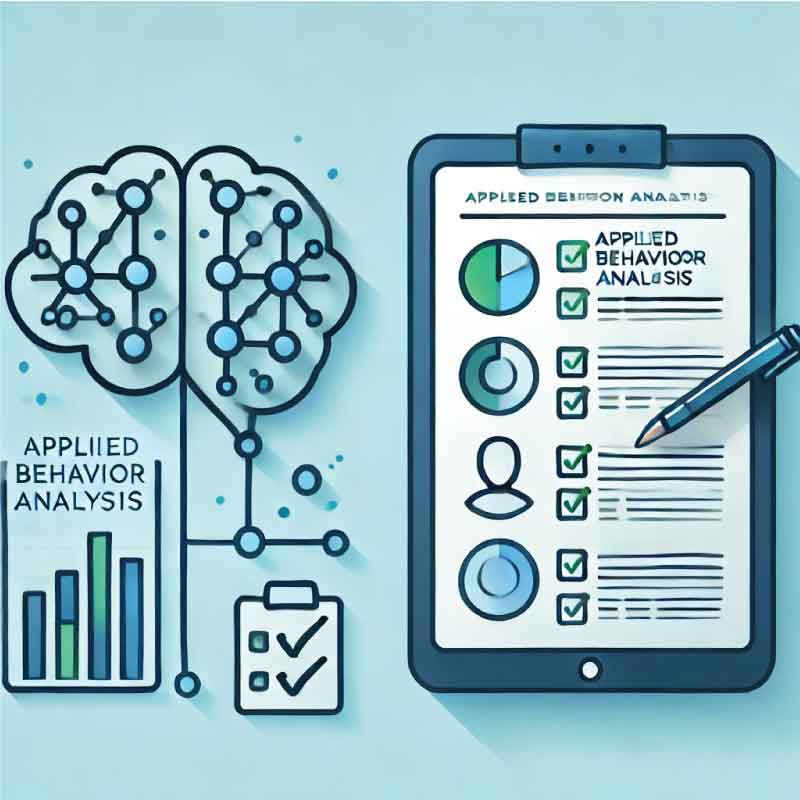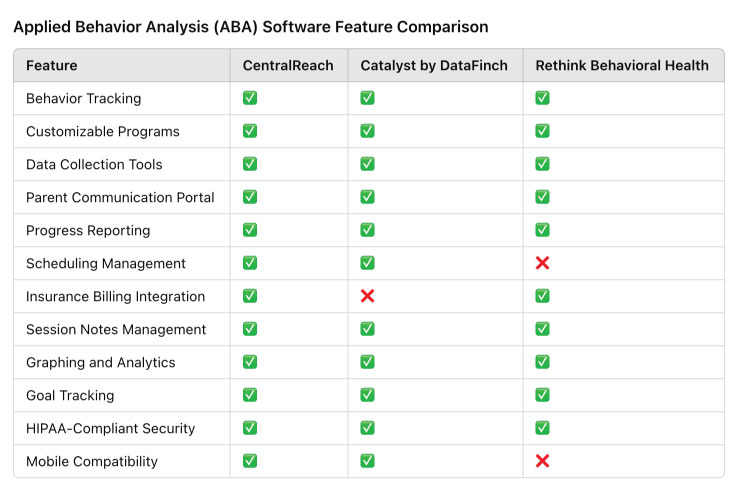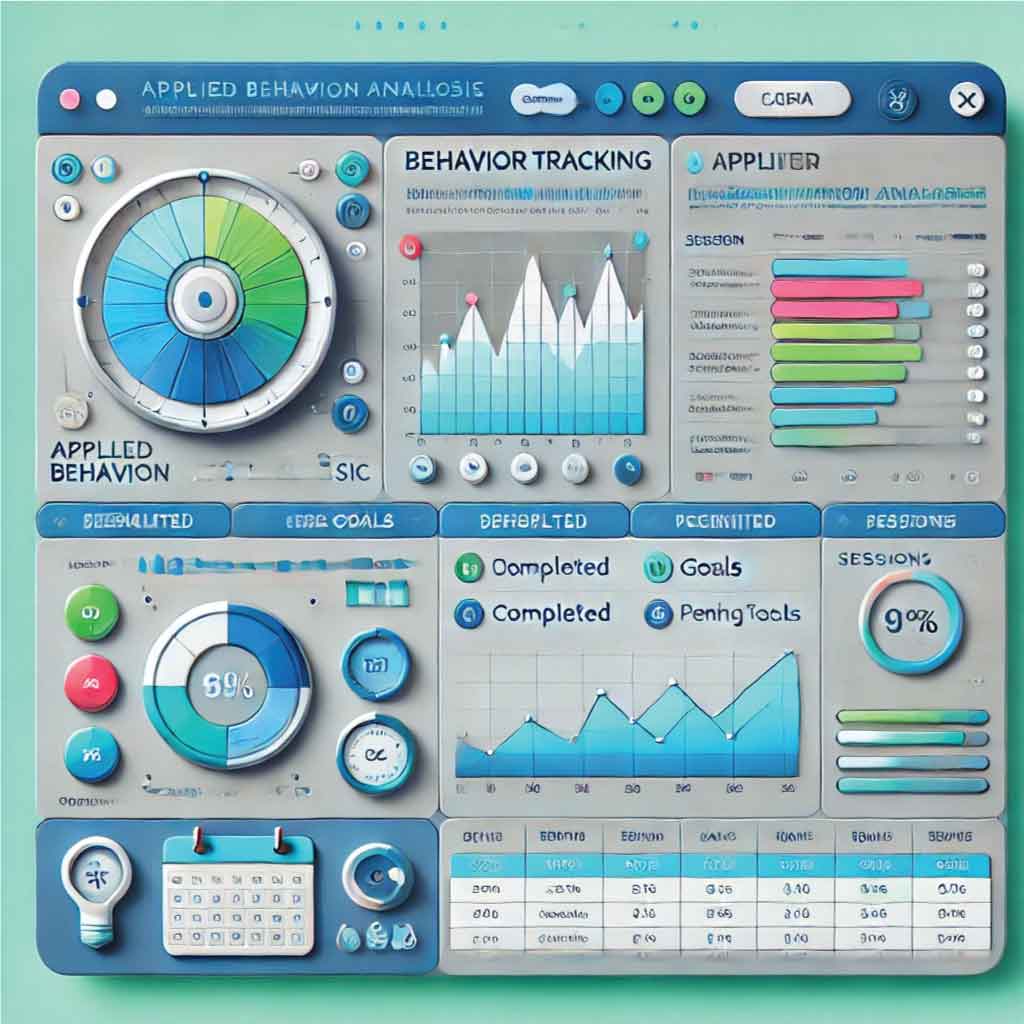Applied Behavior Analysis (ABA) Software is designed to assist therapists, educators, and organizations in managing behavioral therapy for individuals with developmental disabilities, including autism spectrum disorder (ASD). This software enhances therapy by streamlining data collection, behavior tracking, and reporting, while also improving communication between therapists, parents, and other stakeholders.
Examples of ABA software include CentralReach, a popular platform offering behavior tracking and data visualization; Catalyst by DataFinch, known for its session data collection tools; and Rethink Behavioral Health, which provides progress tracking and staff training resources.
ABA software is closely related to therapy management software, educational tools for special education, and general healthcare management platforms, which share some overlapping features, such as HIPAA compliance and scheduling tools.

The following feature comparison table highlights the core functionalities of various ABA software platforms. This table demonstrates how different products cater to the needs of therapists and organizations.

The product feature comparison table provides a clear breakdown of how three popular ABA software platforms—CentralReach, Catalyst by DataFinch, and Rethink Behavioral Health—compare across 12 key features. All three platforms excel in fundamental capabilities like behavior tracking, customizable programs, and HIPAA-compliant security, which are essential for effective and secure ABA therapy management.
CentralReach stands out for its comprehensive offerings, including scheduling management and insurance billing integration, making it a great choice for organizations requiring robust administrative tools. Catalyst by DataFinch is equally strong in core features but lacks insurance billing integration, which may impact practices heavily reliant on insurance claims. Rethink Behavioral Health shines in family engagement and progress tracking but falls short on mobile compatibility and scheduling management, which could be limiting for on-the-go therapists or larger teams.
This CentralReach demo video provides an insightful overview of how ABA software streamlines the therapy process for professionals working with individuals with developmental disabilities. The video demonstrates key features like behavior tracking, data collection, progress reporting, and scheduling—all essential components of Applied Behavior Analysis.
In the context of understanding ABA software, this video highlights how tools like CentralReach simplify complex workflows by automating administrative tasks and providing real-time analytics. It also showcases how therapists can customize treatment plans, track client progress, and communicate effectively with families, illustrating the software’s role in enhancing efficiency and outcomes in ABA therapy practices.
This dashboard represents a typical interface found in ABA (Applied Behavior Analysis) software, designed to streamline therapy management and data tracking for therapists. It features key elements like behavior tracking graphs, progress charts, a session goal checklist, and a scheduling calendar, all presented in a clean and intuitive layout. By centralizing these tools, the dashboard allows therapists to monitor client progress in real time, analyze data trends, and stay organized with appointments and goals. This type of interface highlights how ABA software supports efficient therapy workflows and improves outcomes for clients.

ABA software stands out because it simplifies the complex tasks therapists face during behavior analysis and therapy. These tools combine data collection, scheduling, and reporting to improve workflow efficiency and patient outcomes. Below, we’ll explore the detailed capabilities of this software, focusing on how it supports therapists in their work and ensures families stay engaged in the therapeutic process.
ABA software is used to streamline therapy management for individuals with developmental disabilities, providing tools for behavior tracking, progress reporting, and data analysis.
It reduces administrative workload by automating data collection, generating reports, and facilitating client communication, allowing therapists to focus on delivering quality care.
Yes, many platforms like Catalyst and Rethink Behavioral Health offer scalable solutions that fit the needs of smaller therapy practices.
Many platforms include parent portals to facilitate communication and keep families involved in their child’s progress.
ABA software streamlines clinic operations by automating administrative tasks such as scheduling, billing, and session documentation. For example, therapists can use the software to log behavior data during a session in real time, while clinic managers can track staff schedules and assign resources efficiently. This integration reduces paperwork and allows clinicians to focus more on delivering effective therapy.
Yes, many ABA platforms, such as Rethink Behavioral Health, include built-in staff training modules. These tools provide access to training videos, certification tracking, and resources for teaching best practices in Applied Behavior Analysis. This helps clinics maintain high-quality standards and ensures staff stay updated on current methodologies.
ABA software prioritizes data security by incorporating HIPAA-compliant features like encrypted data storage, secure login systems, and audit trails. These safeguards ensure sensitive client information is protected and accessible only to authorized personnel, helping clinics maintain compliance with regulatory requirements.